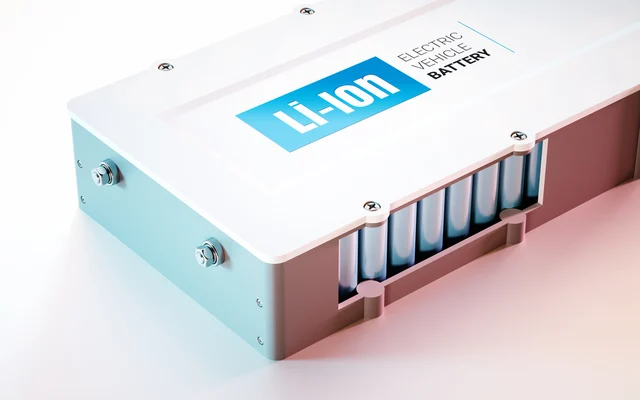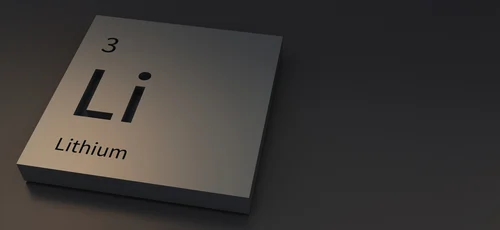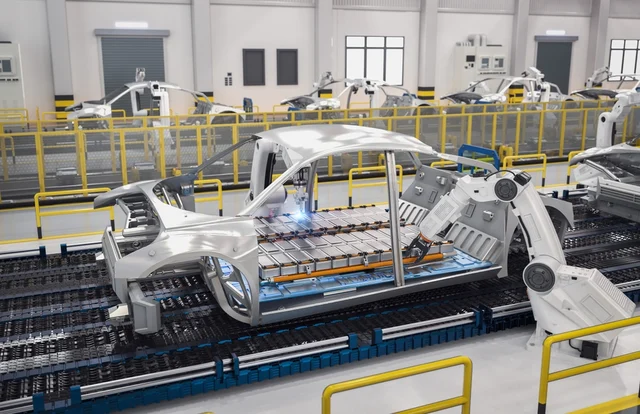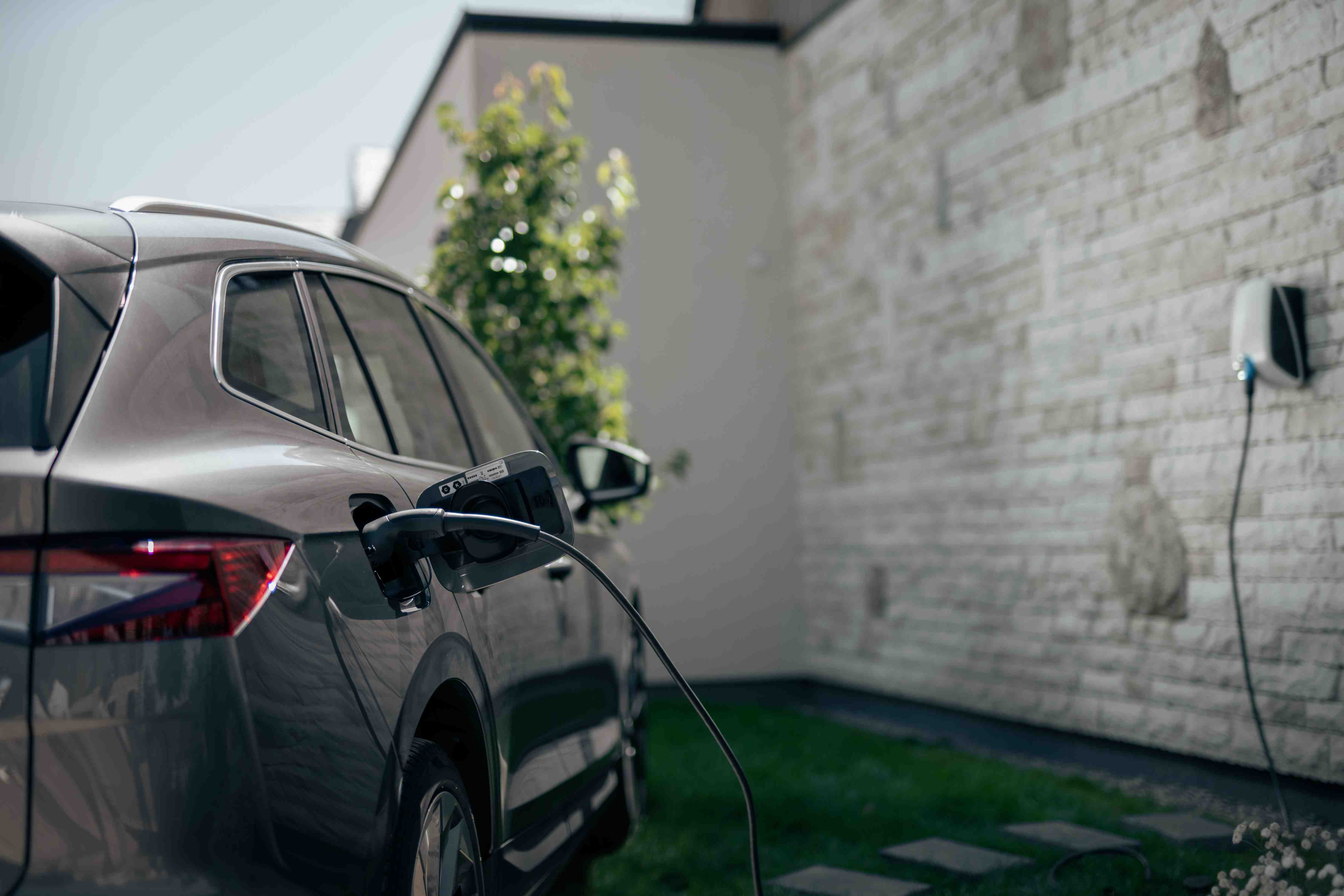On average, the cost of current EV battery packs typically ranges from $10,000 to $12,000. However, these figures can fluctuate depending on the model and manufacturer.
The Growth of the EV Market and Battery Costs
There's no denying that electric vehicles (EVs) are gaining momentum worldwide. A recent report from PwC revealed that global EV sales surged by a staggering 75% in Q3 2022 compared to the same period the previous year. This impressive growth reflects a shift toward sustainable transportation, driven by both environmental concerns and technological advancements.

Despite the increasing popularity of EVs, affordability remains a major concern for many potential buyers. One of the primary barriers to widespread adoption is the high upfront cost of EVs, largely due to the expense of their batteries. Although battery costs have seen a slight uptick recently, the broader trend over the past decade has been a steady decline in prices. Experts predict this downward trajectory will continue as production scales up and technology improves.
In this article, we’ll explore the key factors influencing EV battery pricing, discuss replacement costs, and provide practical tips to help maintain your car’s battery health for as long as possible. Understanding these aspects can empower you to make informed decisions when purchasing or maintaining an electric vehicle.
Why Are Electric Car Batteries So Expensive?
Batteries are undeniably costly, but what makes them so expensive? The answer lies in several interrelated factors, including material composition and manufacturing processes. Let’s delve into the details.
What Are EV Batteries Made Of?
Similar to smartphone or laptop batteries, EV batteries primarily consist of lithium-ion cells. However, the scale is vastly different—thousands of these cells are interconnected within a single EV battery pack. These cells are housed in a robust casing made from materials like steel or aluminum to ensure durability and safety.

Lithium is the core component of EV batteries, but other materials such as nickel, cobalt, manganese, and graphite are also essential. These elements play crucial roles in determining battery performance, longevity, and efficiency. Unfortunately, many of these materials are either scarce or difficult to extract, which contributes to their high cost.

Supply and Demand Dynamics
The rapid expansion of the EV market has created unprecedented demand for raw materials. As automakers race to meet this demand, supply chains are under immense pressure to deliver sufficient quantities of lithium, nickel, and cobalt. This imbalance has caused prices for these materials to soar, directly impacting battery costs.
Moreover, geopolitical tensions and environmental concerns surrounding mining operations further complicate matters. For example, extracting lithium often involves significant water usage, which can lead to conflicts in water-scarce regions. Such challenges underscore the urgent need for sustainable sourcing practices and alternative technologies.
Battery Manufacturing Complexity
Producing EV batteries is a highly intricate process that demands advanced expertise and precision. Countries like China dominate the market, accounting for approximately 70% of global EV battery production. Other key players include the United States, Japan, and South Korea, each contributing significantly to the industry.

This concentration of production capabilities drives up costs due to limited competition and economies of scale. Efforts to establish domestic battery industries in countries like the U.S. and the European Union aim to reduce reliance on foreign suppliers and mitigate risks associated with geopolitical instability. Nevertheless, China is expected to remain a dominant force in the EV battery market well into the next decade.
Replacing Electric Car Batteries
Given the substantial investment required to purchase an EV battery initially, it comes as no surprise that replacing one can be equally costly. Fortunately, battery replacements are relatively rare events.
How Often Do EV Batteries Need Replacement?
Modern EV batteries are engineered to endure extensive use, with lifespans ranging from 15 to 20 years or between 100,000 to 200,000 miles. This far exceeds the typical lifespan of conventional internal combustion engine vehicles. Your driving habits, climate conditions, and maintenance practices can influence how quickly your battery ages, but most EV owners won’t need to worry about replacing their batteries during the vehicle’s lifetime.
Cost of EV Battery Replacement
Should the unfortunate event occur where your EV battery needs replacement, costs can vary widely—from free (if under warranty) to upwards of $20,000. Factors such as the vehicle model, battery design, and availability of parts all play a role in determining final expenses.

Additionally, some EV manufacturers offer comprehensive warranties covering battery packs for up to 8 to 10 years. Such guarantees mean that many owners won’t incur any replacement costs throughout their ownership period.
Prolonging the Life of Your EV Battery
While EV batteries boast impressive longevity and warranty coverage, proactive measures can enhance their lifespan even further. Simple yet effective strategies include avoiding extreme temperatures, minimizing full charges and deep discharges, and following regular maintenance routines.
For instance, keeping your battery charge level between 20% and 80% during daily use reduces stress on the system and preserves capacity over time. Similarly, avoiding frequent fast charging sessions helps prevent unnecessary wear and tear. By adopting these habits, you can maximize your EV’s performance and enjoy a smoother ownership experience.

Racing Car Carbon Fiber Accessories,Abs Shell For Tool Cases,Abs Shell For Marine Equipment
Inamori Technology (Wuxi) Co., Ltd. , https://www.carbonfibrefactory.com